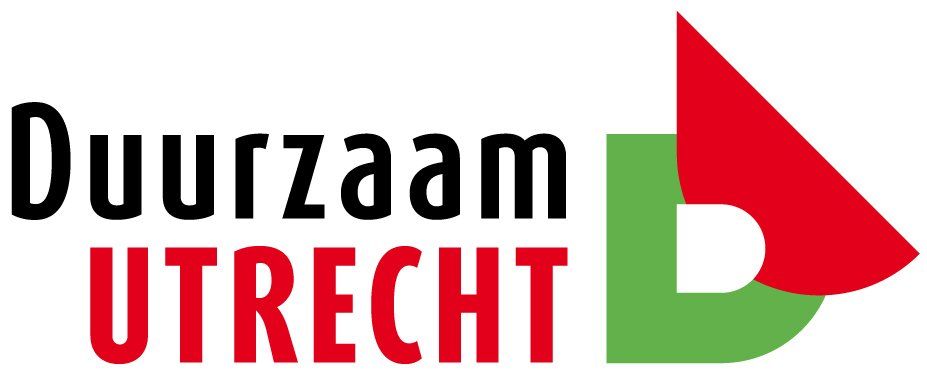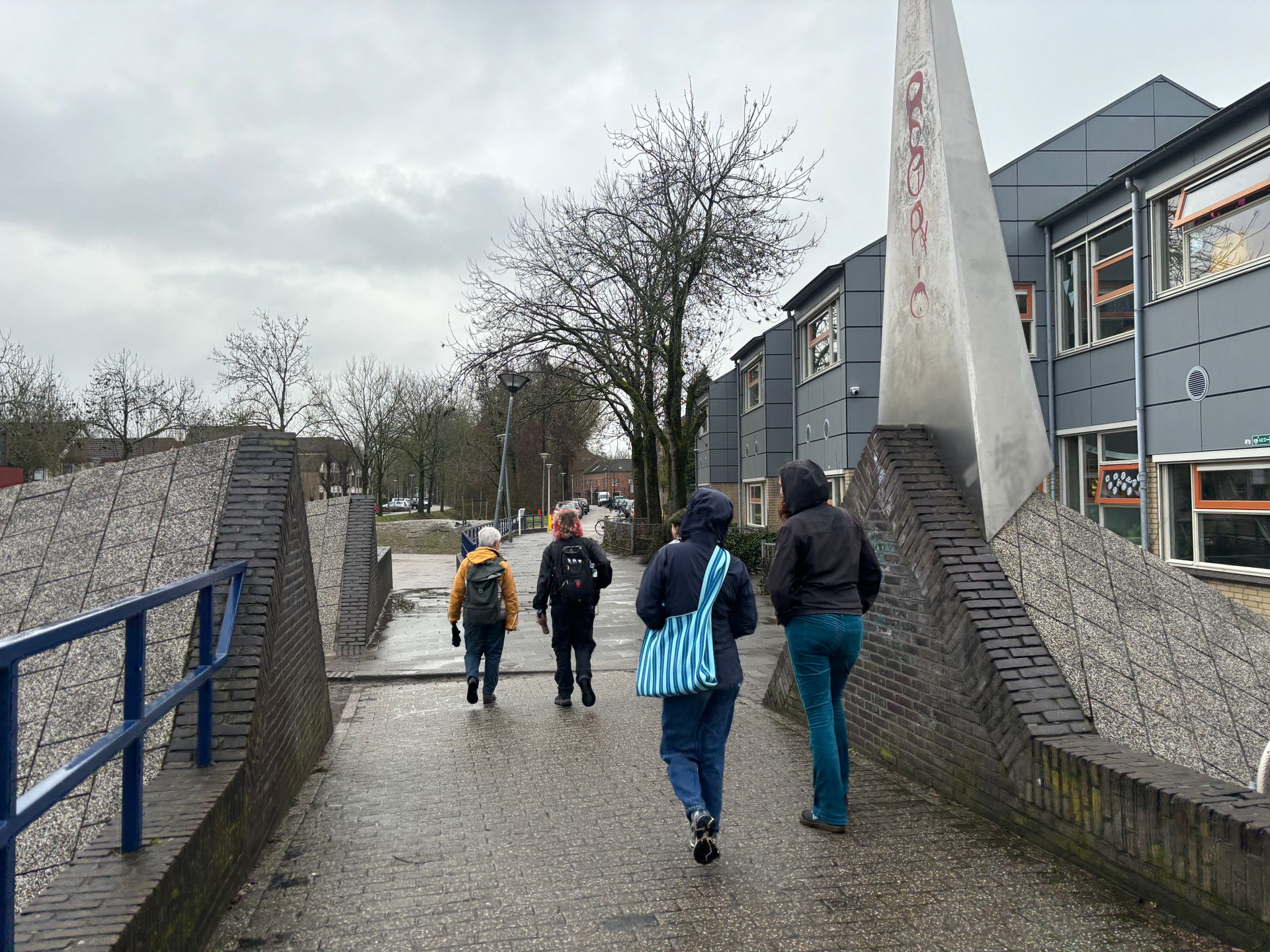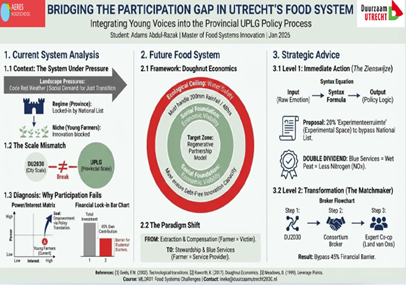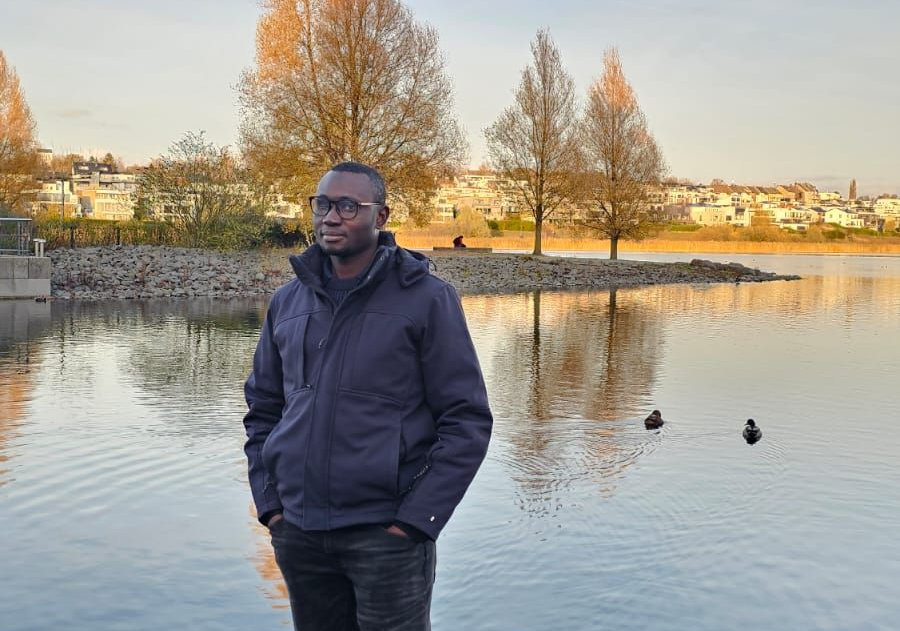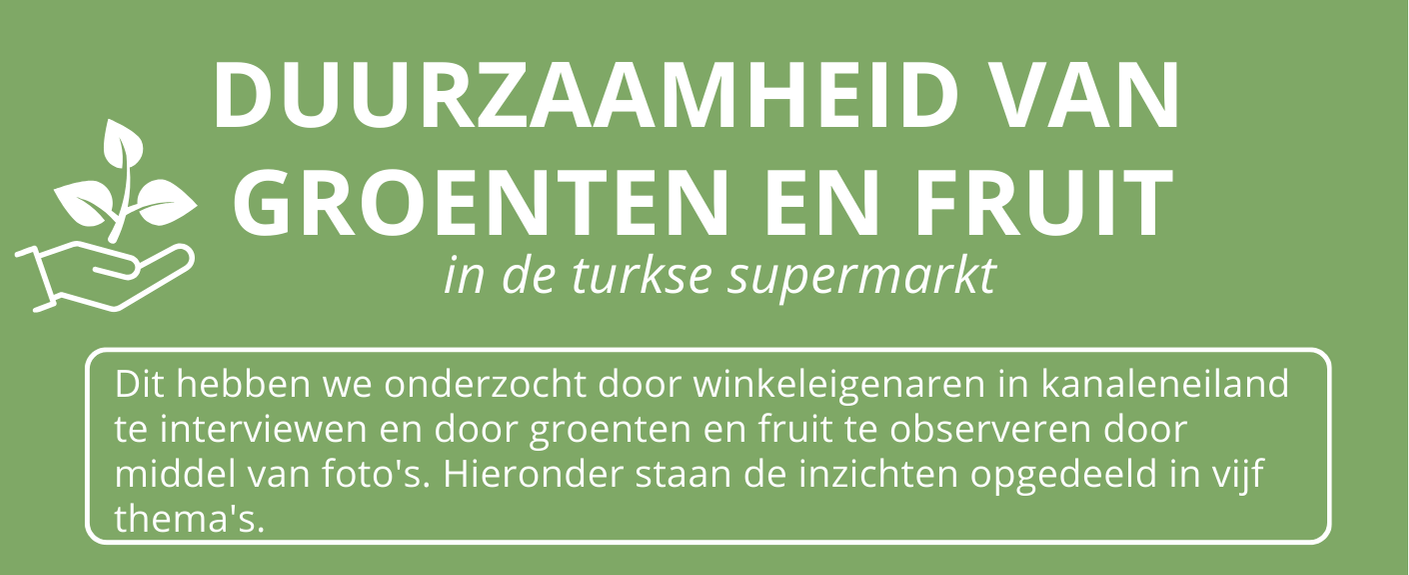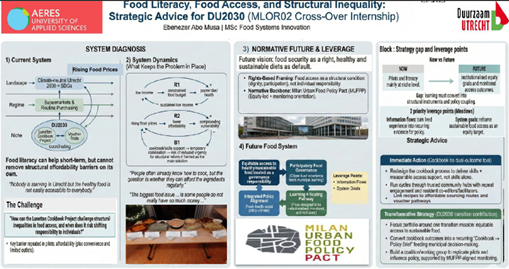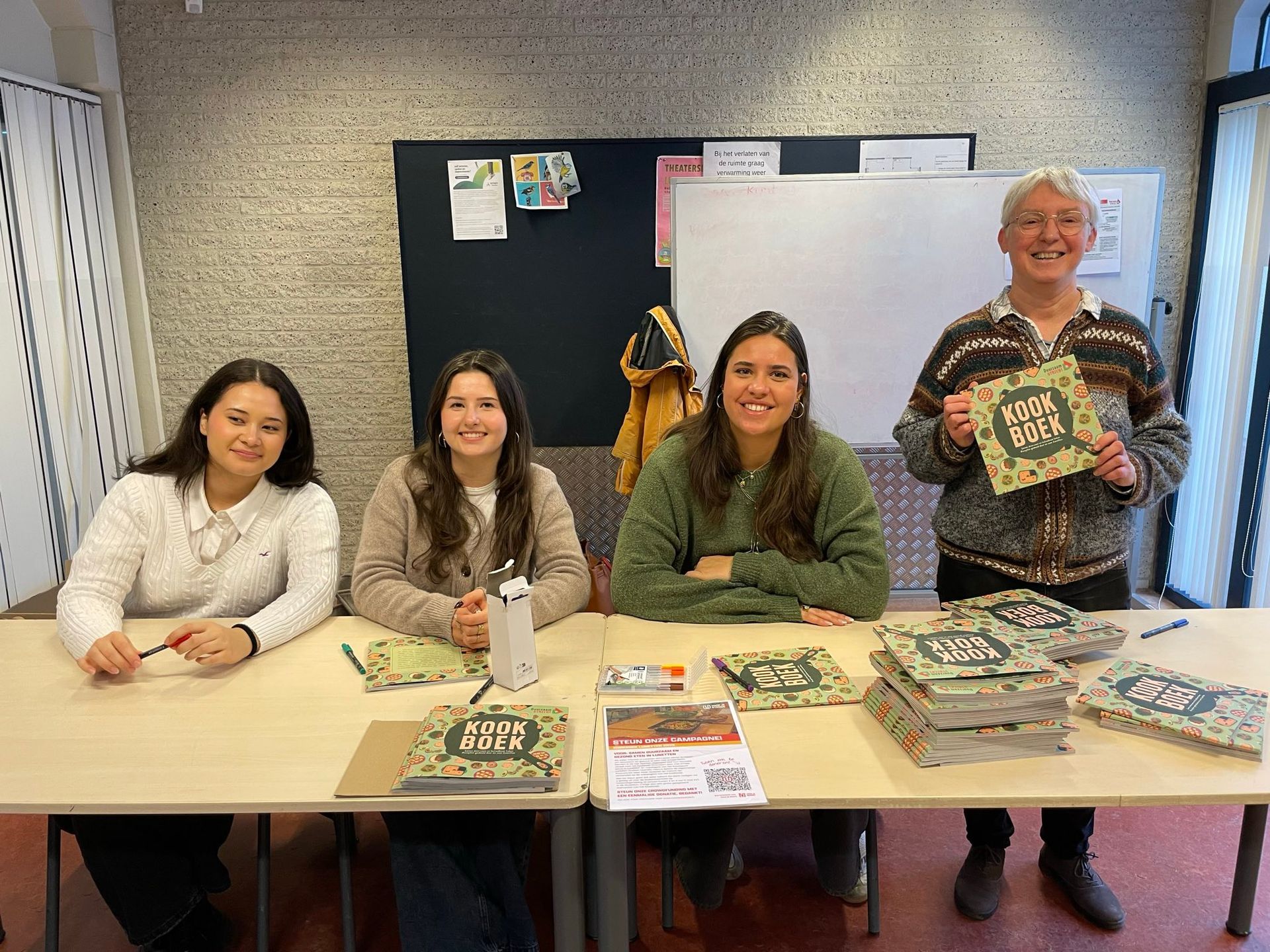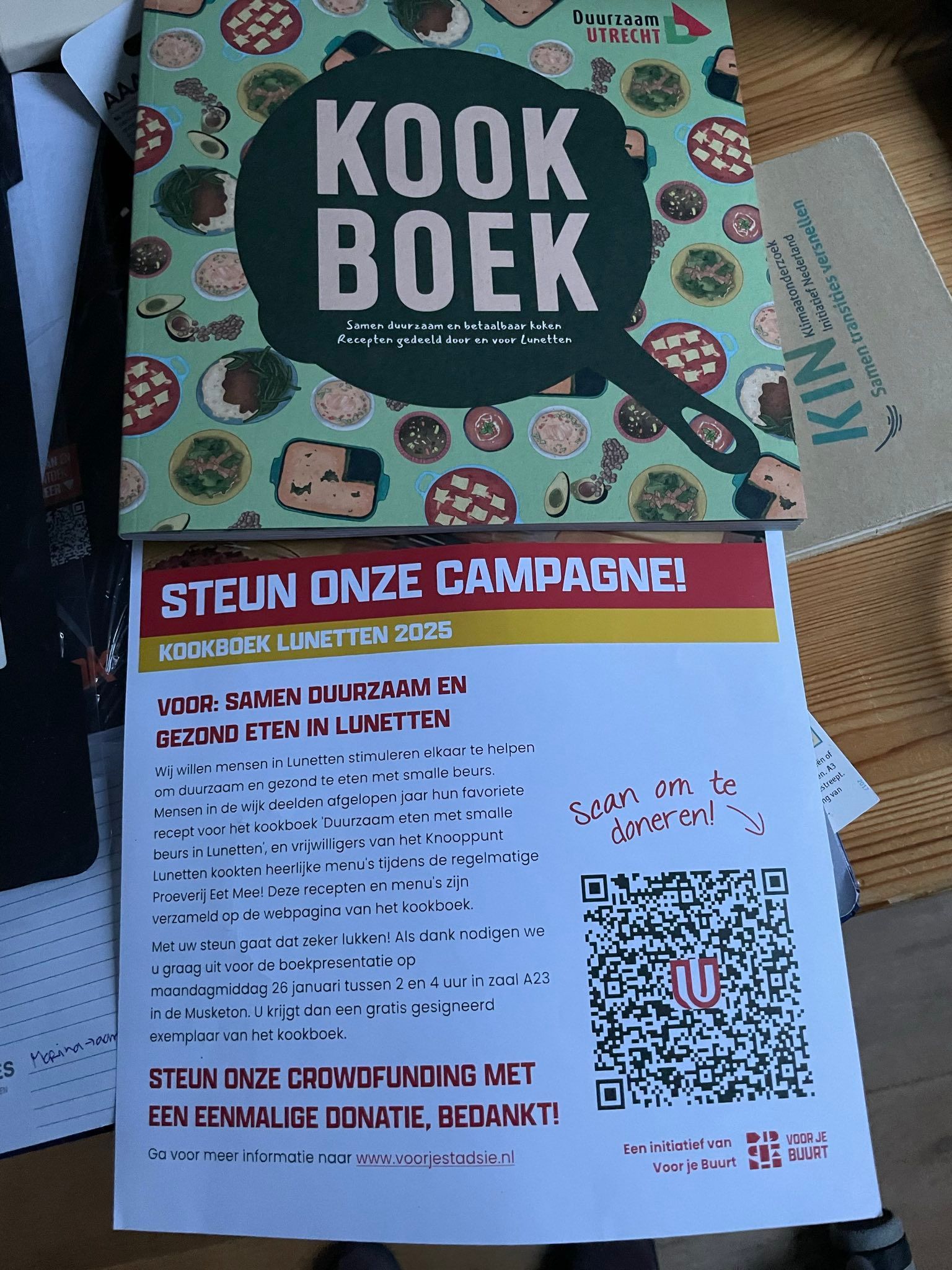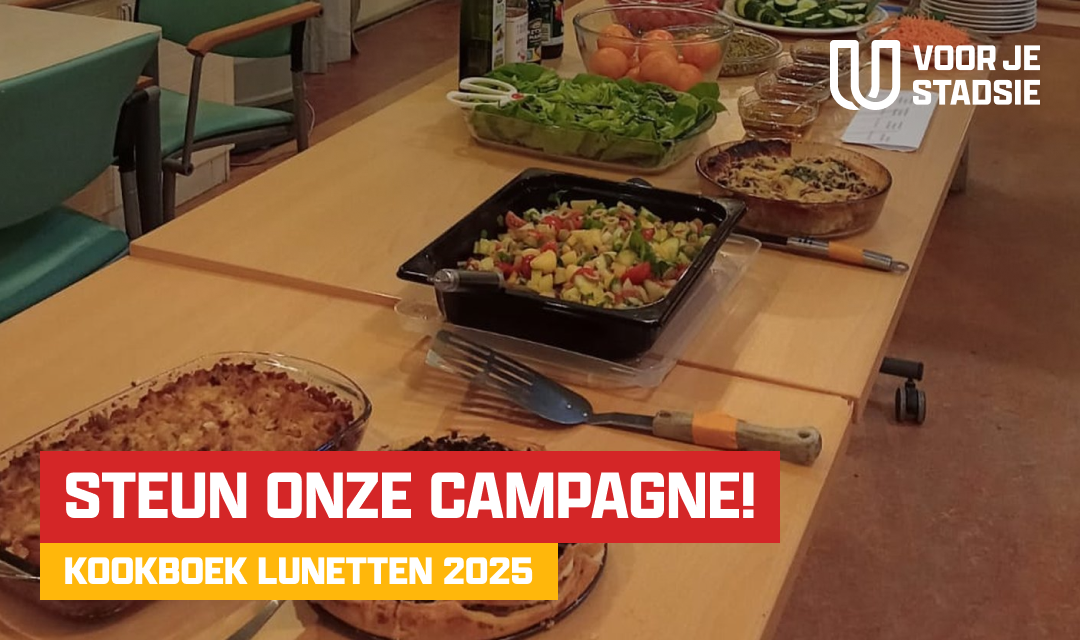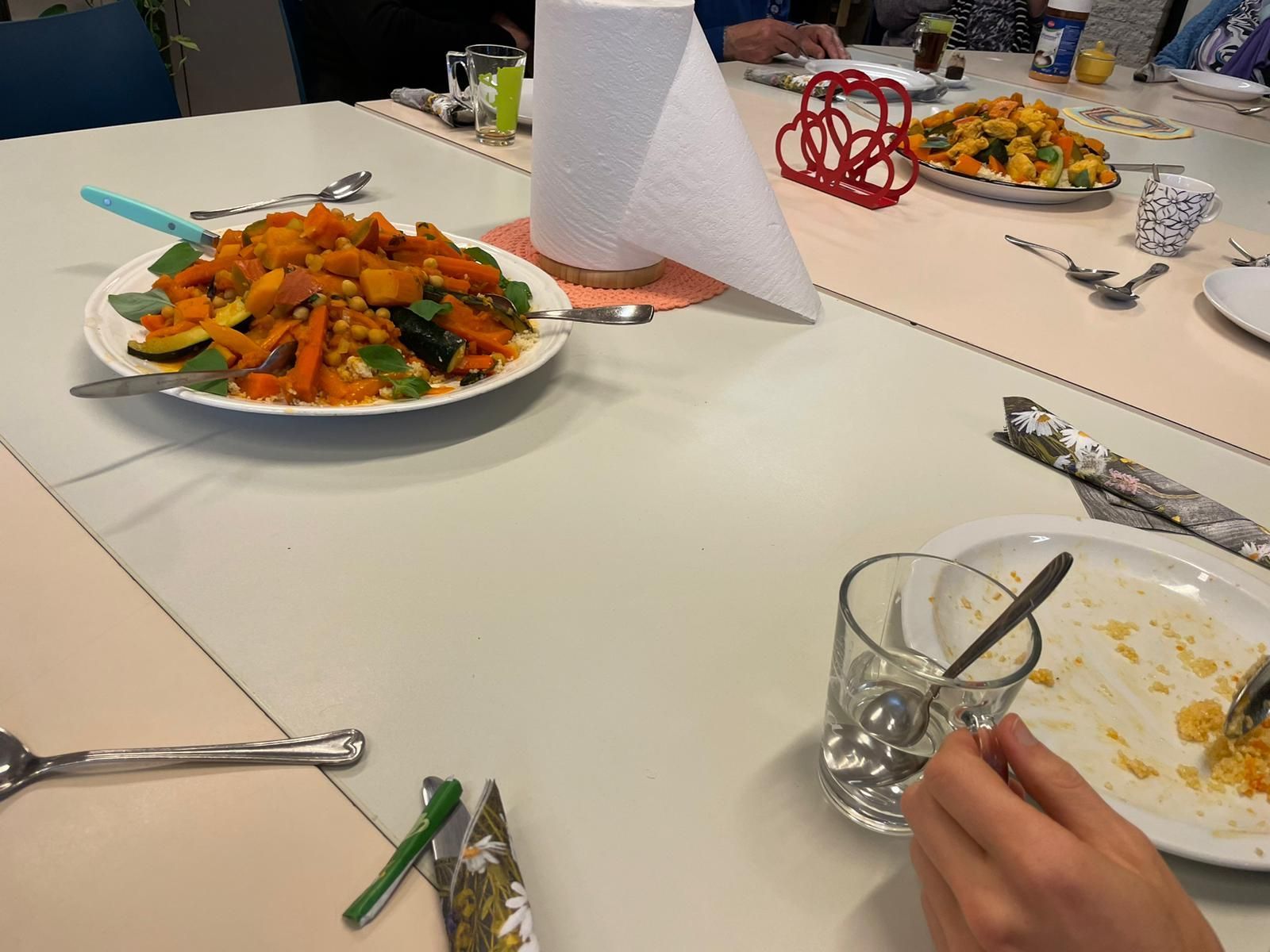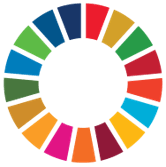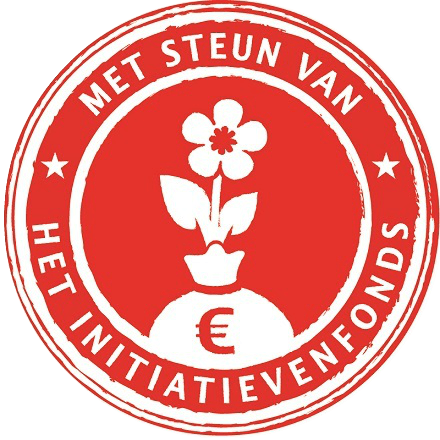Men neme …
Nieuwsgierig naar het favoriete recept van de buurvrouw? Eet en kook mee in Lunetten
Dinsdag 9 juli 2024 zetten we het kookboekproject Biologisch eten met smalle beurs in Lunetten in de steigers, met acht mensen van de weggeefwinkel Lunetten, de Armoedecoalitie, het wijkgezondheidscentrum en Duurzaam Utrecht 2030. Een bezoekster at het liefst stamppot, met rauwe andijvie of andere groenten. Lust u dat ook, of smult u van iets heel anders? Laat het ons weten.
Biologische of duurzame groenten, fruit en andere ingrediënten zijn deze zomer overvloedig beschikbaar rondom de wijk. Hebt u zelf een volkstuin en wilt u uw oogst delen met buurtgenoten? Of schuift u regelmatig aan bij een buurtbuik, waarna u overgebleven groenten of fruit meekrijgt? Houdt u over van uw wekelijkse bio-boodschappen-abonnement of waren uw ogen in de winkel groter dan uw maag? Fietst u graag een blokje om, om de boodschappen naar de keuken te brengen? Vele handen maken licht werk, dus uw inbreng is zeer welkom.
We zijn nog niet helemaal zover dat we samen aan tafel kunnen. Wel mogen we de keuken van de Musketon gebruiken om samen te koken en de recepten te proeven, en kunnen we in de weggeefwinkel de tafel dekken. We zoeken nu nog twee of drie koks. In elk geval een kok moet weten hoe je een combisteamer gebruikt. Dekt u liever de tafel of wast u graag af? We horen het graag.
Een receptenschrijfster heeft zich al gemeld, maar hoe meer mensen, hoe meer vreugd. Maakt u de mooiste foto’s? Breng de gerechten dan smakelijk in beeld. Na elk eetfestijn zetten we het recept met foto op duurzaamutrecht2030.nl. Uiteindelijk maken we samen een kookboek. Daarvoor zoeken we nog een uitgever. Om te zorgen dat iedereen aan kan schuiven, zoeken we sponsors en donateurs om de kosten te dekken.
Meld u snel aan per e-mail bij ineke@duurzaamutrecht2030.nl, en houd de agenda op duurzaamutrecht2030.nl of lunetten.nl in de gaten. Zodra ons team van vrijwilligers compleet is, prikken we de datum voor de eerste proeverij.


